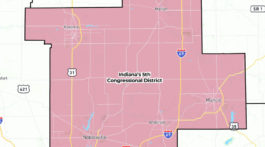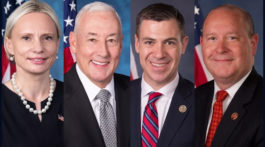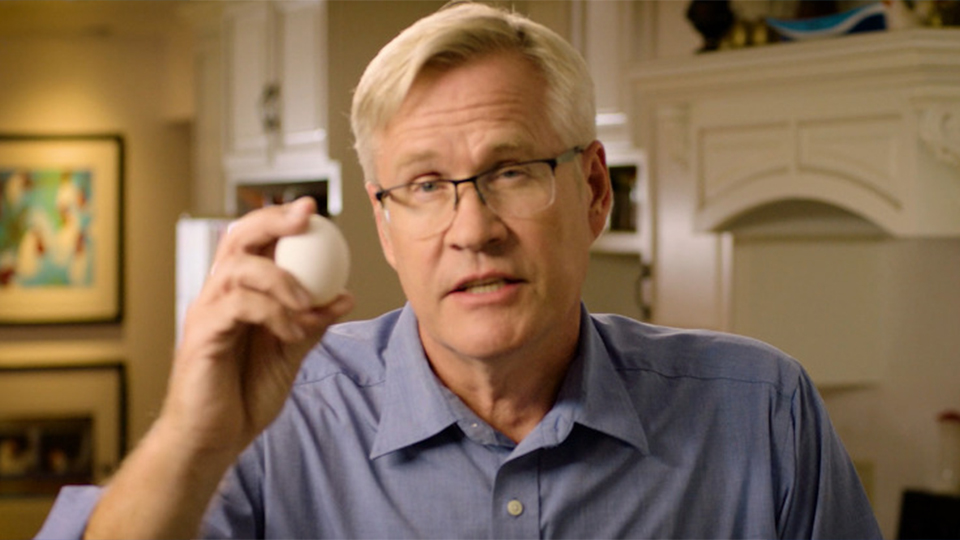by Casey Smith, Indiana Capital Chronicle
February 15, 2024
Indiana Supreme Court justices on Thursday blocked an injunction against the state’s two-primary rule that prohibits U.S. Senate hopeful John Rust from appearing on the GOP primary ballot in May.
Chief Justice Loretta Rush said that “a majority” of the justices voted to stay the trial court’s order, in which Marion County Superior Court Judge Patrick J. Dietrick found Indiana’s two-primary requirement unconstitutional.
Rush did not say how many or which justices voted for or against the stay, but she indicated that a full opinion is “forthcoming.”
The move is likely to cause Rust to be bumped from the race.
For that to happen, a challenge has to be made and the Indiana Election Commission must vote to keep Rust off. The commission is split with two Republicans and two Democrats. The deadline to challenge a candidate who filed to run in the May 2024 primary is noon on Friday, Feb. 16.
Still, Rust told the Indiana Capital Chronicle he’s not giving up.
“I’ve been fighting the establishment since day one. I will never stop fighting,” Rust said Thursday. “All options are on the table, including relief from the U.S. Supreme Court.”
The law in question prohibits candidates whose last two primary votes don’t match the party they wish to represent.
Rust, running to succeed U.S. Sen. Mike Braun, sued to gain access to the Republican ballot, saying the measure barred the vast majority of Hoosiers from running under their preferred party. The Seymour egg farmer wants to challenge Congressman Jim Banks for the GOP nomination in the May 2024 primary.
Rust’s two most recent primary votes were Republican in 2016 and Democrat in 2012 — meaning under the law he can’t appear on the Republican ballot for the 2024 May primary election. The law allows an exception, should the county’s party chair grant it. Jackson County Republican Party Chair Amanda Lowery elected not to do so in this case.
The order comes just days after the high court heard oral arguments in Rust’s challenge.
Benjamin Jones, defending state election officials, maintained on Monday that governments “must substantially regulate elections” to make sure they are “free, fair and honest.” He emphasized that candidates don’t have the automatic right to affiliate themselves with a party.
Michelle Harter, Rust’s attorney, said current law wrongly allows the political party’s work to be handled by the state.
Banks has already earned an endorsement from the Indiana Republican Party for his Senate bid — marking the first time in recent history that the state party has made an endorsement before primary elections for an open seat.
Banks’ campaign did not immediately respond to a request for comment about the court order.











